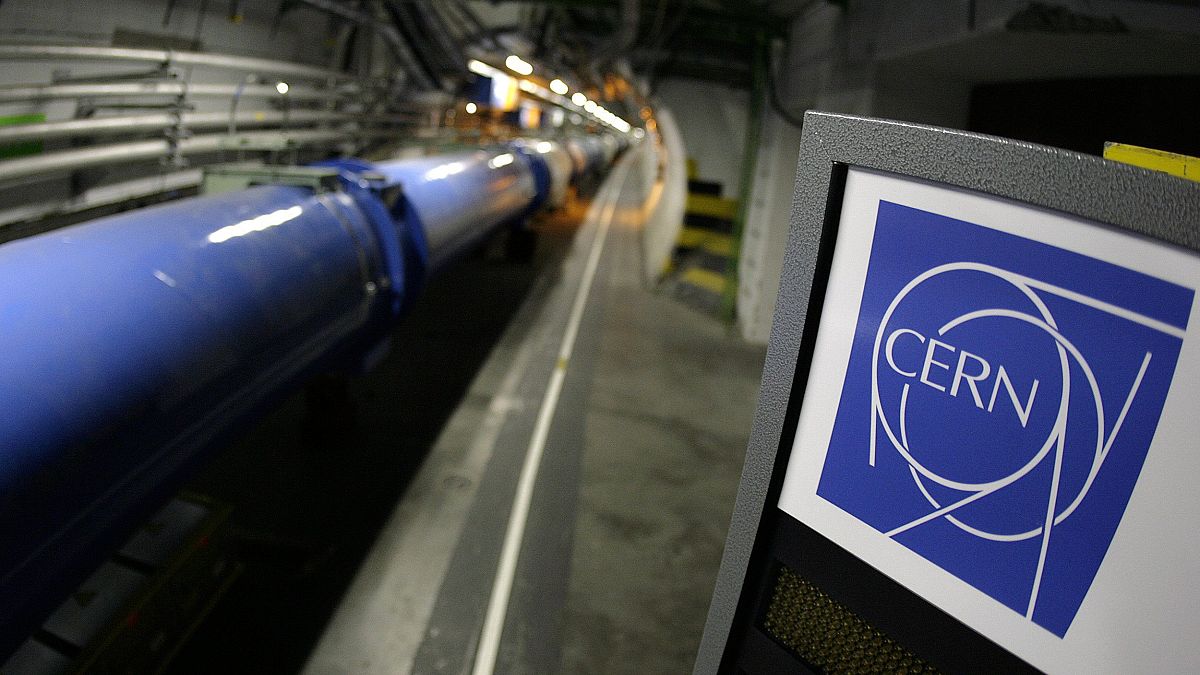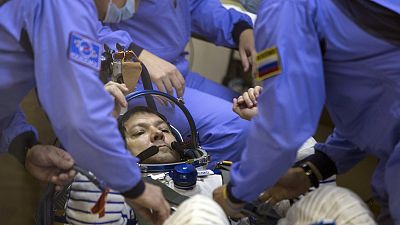It is hoped that CERN's planned new "Future Circular Collider" will be able to discover what makes up dark matter.
Scientists at the European Organisation for Nuclear Research (CERN) say they are planning to build a new world’s biggest particle collider.
They say a major stage of the feasibility study into the potential construction of a new particle collider has been completed.
It is hoped that the "Future Circular Collider" will be able to discover what makes up dark matter, some 95 per cent of our universe that we can’t see right now.
"The FCC will not only be a wonderful instrument to improve our understanding of the fundamental laws of physics and nature," said Fabiola Gianotti, CERN's Director General.
"It will also be a driver of innovation, because we will need new advanced technologies, from cryogenics to superconducting magnets, vacuum technologies, detectors, instrumentation, technologies with a potentially huge, potentially huge impact on our society and huge socioeconomic benefits," Gianotti added.
The new collider will sit next to the Large Hadron Collider, best known for discovering the subatomic Higgs boson in 2012.
The Large Hadron Collider is currently the world’s largest collider with a 27-kilometre circumference. CERN says the next-generation "Future Circular Collider" will be even larger.
Feasibility studies are positive
"(A) 91-kilometre circumference ring that has eight surface sites. From these eight surface sites, there are shafts with an average depth of about 200 m to connect to the underground tunnel Infrastructure," said Michael Benedikt, an accelerator physicist at CERN.
Even though the Large Hadron Collider will reach its conclusion in 2040, the researchers say it’s not likely the existing collider will be decommissioned, but it will still be used to carry out experiments.
According to CERN, the decision has yet to be made, but so far the response of the council to the studies on feasibility is positive.
"All council members agreed to the vision that CERN will continue to provide the best possible physics and the best possible technology to the worldwide high energy physics community to explore the deep questions about the universe," said Eliezer Rabinovici, President of the CERN Council.
It is estimated that the project will cost €16 billion. CERN says this is likely to change and a proper costing will be available in 2025.
For more on this story, watch the video in the media player above.



